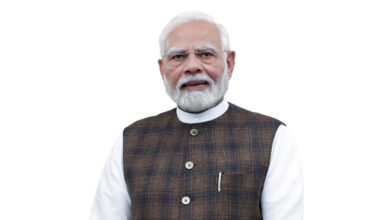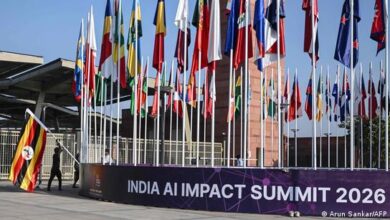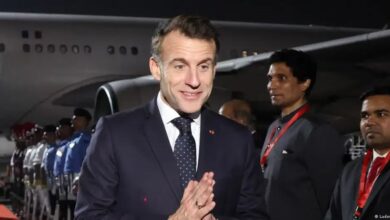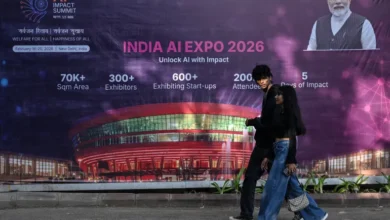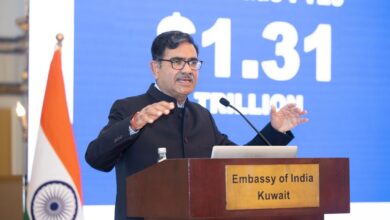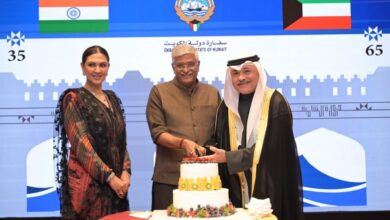India-Malaysia enhancing a civilisational relationship

Malaysia and India share historical ties dating back at least a millennium with the Chola empire dominating the Southeast Asian region. This is a civilisational relationship that is evidenced even today in the culture, language and mannerism of the people of both nations. It is also coincidental that both nations established independent rule from the same colonial master in the same month and mere 10 years apart from each other; India on 15 August 1947 and Malaysia on 31 August 1957.
Diplomatic relations between the two nations began soon after Malaysia’s independence in 1957 with a strong bond that was established between their individual Prime Ministers Jawaharlal Nehru and Tunku Abdul Rahman Putra. This was further enhanced in 2015 and again in 2017 by Najib Razak and Narendra Modi. After a significant hiatus, the Prime Ministers of the two countries are set to hold bilateral talks under the leadership of Narendra Modi and Anwar Ibrahim. Apart from addressing an existing trade balance of about US$4.77 billion in Malaysia’s favour, would the two leaders discuss several other issues that could impinge on the shifting geopolitical landscape in this region and possibly on a global level?
With a turbulent and fast evolving global landscape, Malaysia clearly needs a balanced foreign, trade and security policy that leverages several strategic neighbours. India, with its geographic proximity to Malaysia and growing economic prowess is definitely a prime partner to leverage in tandem with others around the region.
India is currently the fifth largest economy at around US$3.9 trillion and set to rise becoming the world’s third largest in a short time. It also commands the second highest agricultural output after China at US$524 billion. And it remains an anchor over trade across the Indian Ocean, which stands at over US$6.17 trillion.
Malaysia could explore food security alternatives with Indian Agro-Technology players. In addition to increasing base agricultural imports, Malaysia could explore joint cultivation and food processing ventures that could be expanded across the Malaysian Peninsula. Beyond satisfying Malaysia’s domestics requirements, these prospects could also provide possibilities for re-exports to the rest of ASEAN and East Asia as well. Needless to say, an effort of this nature would help expand economic opportunities in Malaysia while also addressing the immediate cost of living issues experienced by all Malaysians alike.
Furthermore, Malaysia’s northern State of Kedah has a close proximity to the Andaman Nicobar Islands. The State is located on the cusp of the Andaman Sea. The intense economic development that is currently being driven by the Indian administration on these Islands and the economic expansion that is being set in place by the Kedah State leadership provides for greater opportunities to explore for cross-border collaboration in the form of an economic corridor.
Malaysia is well known for its semiconductor ecosystem that was set in place several decades ago. As India begins to embark onto this semiconductor sphere, the Malaysian experience could be leveraged to provide technical assistance of some form to its regional Neighbor. Furthermore, Malaysia may also be well place to explore collaborations with Indian counterparts to establish processing plants for Rare Earth Elements (REE) that could be of prime support for the high-tech industry that has become a key strategic lynchpin for global growth and security.
BRICS has recently featured as a possible added economic platform for Malaysia as expressed by Anwar Ibrahim. India is a founding member of this economic bloc along with China and Russia. This bilateral meeting may be an opportune time to induct the support of India to explore this partnership. This interaction may also offer a broader strategic opportunity for Malaysia to explore the participation of ASEAN as a regional bloc with that of BRICS. This, especially given that Malaysia will take on the revolving Chairmanship of ASEAN later this year.
An added uniqueness to the geopolitical relationship between Malaysia and India is the geographic position and proximity of the Straits of Melaka that acts as a gateway between the Indo-Pacific and the South China Sea regions. As one of the busiest trade channels, the Straits of Melaka needs to be secured from any or all encumbrances. Close security collaboration between these two neighbours to ensure that this strategic channel does not become a potential choke point in the event of a supply chain breakdown in the Asian region is indeed a necessity.
Clearly, stepping up this civilisational relationship between India and Malaysian offers numerous strategic opportunities. Based on mutually assured economic growth and security, this relationship certainly offers broader multilateral offerings that would also benefit ASEAN and the rest of East Asia. Enhanced dialogue, diplomacy and collaboration between these strategic neighbours are definitely the need of the hour to provide a geopolitical counterbalance at a time when the region is experiencing uncertainty from multiple state actors.
Source: MalaysiaGazette








